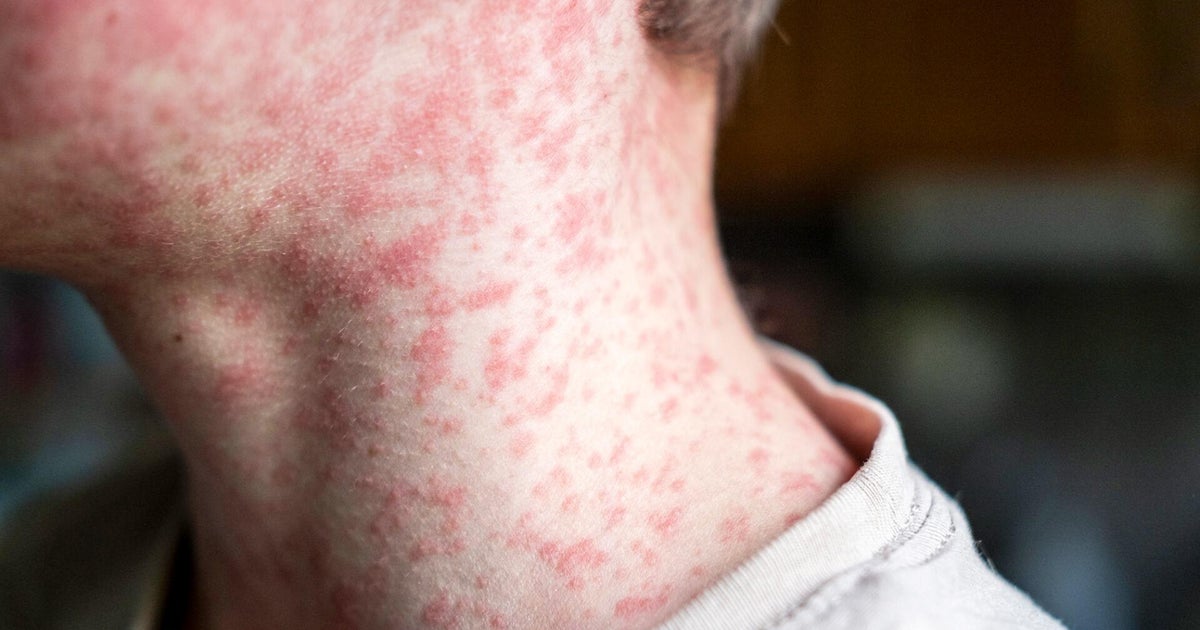CDC stops monitoring COVID-19 cases on cruise ships
The Centers for Disease Control and Prevention has discontinued a program that tracked cases of COVID-19 aboard cruise ships in the U.S. and reported the findings to the public.
The initiative, called the COVID-19 Program for Cruise Ships, ended Monday, according to the government agency.
"CDC will continue to publish guidance to help cruise ships continue to provide a safer and healthier environment for passengers, crew and communities going forward," the agency said on its website.
For two years, the CDC actively monitored COVID-19 outbreaks on cruise ships, using a color-coded chart to show different levels of transmission. Cruise lines that opted into the program agreed to follow all of the agency's recommendations and guidance.
Some of the earliest COVID-19 outbreaks took place on cruise ships, where cases spread rapidly among passengers confined to the vessels. Cruise lines were also among the most severely affected businesses during the pandemic, especially before vaccines existed, when social distancing was the main measure used to contain the virus.
The number of people booking cruises plummeted over the past two years. In 2020 and 2021, cruise companies lost a collective $63 billion and shed thousands of jobs, according to industry data.
Individual decision
The cruise industry has since ramped up their operations despite the ongoing risks of COVID-19, and the CDC will continue to publish cruise-specific guidance on how to best mitigate the risks of spreading the disease while at sea.
The decision to wind down the coronavirus tracking program for cruises was made in part because the agency believes the industry is capable of managing the risks on its own.
"CDC has determined that the cruise industry has access to the necessary tools (e.g., cruise-specific recommendations and guidance, vaccinations, testing instruments, treatment modalities and non-pharmaceutical interventions) to prevent and mitigate COVID-19 on board," an agency spokesperson said in a statement to CBS MoneyWatch. "Therefore, CDC's COVID-19 Program for Cruise Ships is no longer in effect as of today."
Individual cruise lines may now set their own policies related to COVID-19, such as travel requirements for passengers and staff, as well as what protocols are implemented aboard ships.
The CDC urged travelers to be in touch with cruise operators for information about their policies, noting that safety measures will likely vary from company to company.
The CDC also reiterated that cruise-line travel continues to pose "some risk of COVID-19 transmission," but the decision to cruise or not to cruise, and whether to get vaccinated and tested, is in the hands of individuals.
No vaccine required
Princess Cruises, a major industry player, is encouraging vaccinated and unvaccinated passengers alike to come aboard. The cruise line updated its guidance Monday with the CDC's announcement, saying it can now accommodate more unvaccinated guests on sailings "without burdensome exemptions or vaccine status justification."
Ruby Princess, a Princess Cruises ship, in March docked in San Francisco after a number of passengers and crew members tested positive for COVID-19, despite being vaccinated against the virus.
Azamara, an upmarket cruise line, also pounced on the news, announcing on Tuesday that it's dropping pre-cruise COVID-19 testing requirements for guests effective July 25, except at ports where country regulations still require it.
"The easing of our testing policy marks a step in the right direction towards a return to normalcy for the travel and cruising industry," Azamara President Carol Cabezas said in a statement provided to CBS MoneyWatch.
The cruise line continues to require that guests be vaccinated to travel aboard its ships, and recommends testing for guests.
Royal Caribbean said it is awaiting updated guidance from the CDC before amending its existing protocols. Currently, the company requires adult guests who sail from U.S. ports to be vaccinated and to provide a negative PCR or antigen test taken no more than two days before they board.



